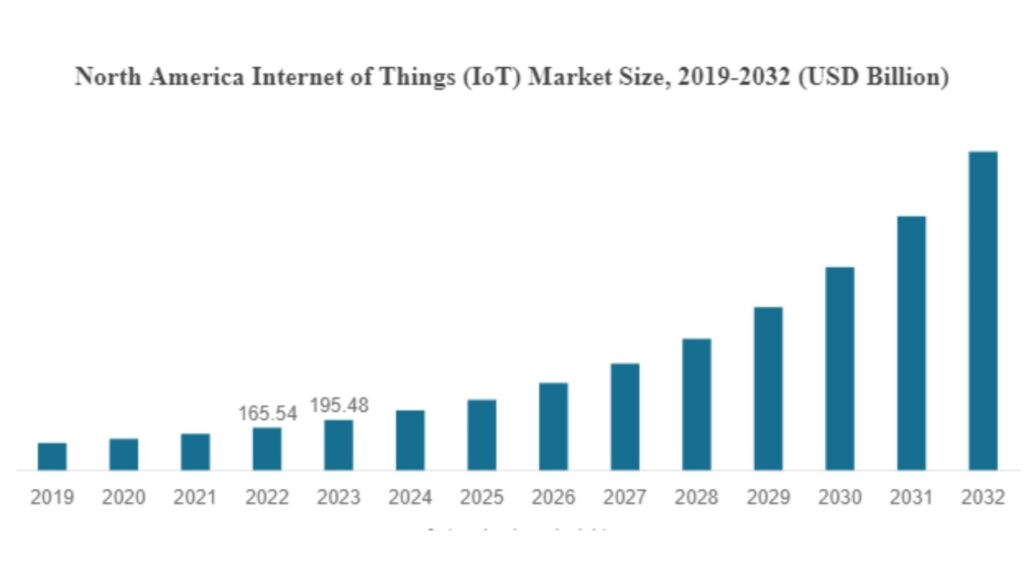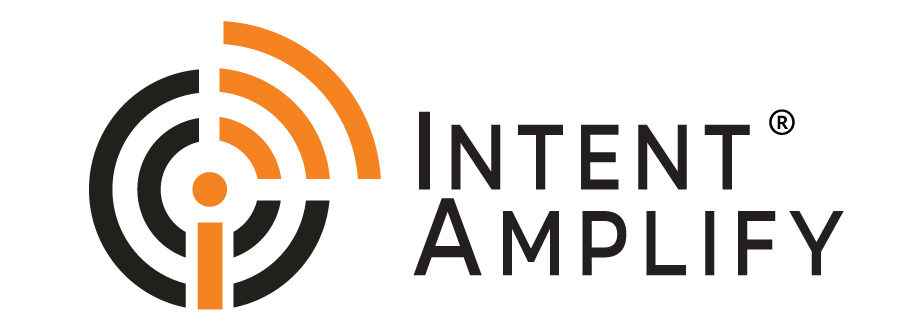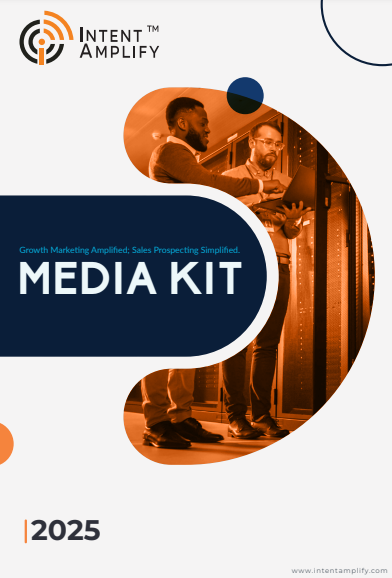
How IoT Marketing Works for the Industry
- Last updated on: April 8, 2024
The Internet of Things (IoT) stands at the forefront of technological innovation, reshaping industries and redefining possibilities. As such, understanding marketing for the IoT (Internet of Things) makes sense.
What is IoT?
At its core, IoT is a network of interconnected devices, vehicles, and appliances embedded with sensors and software that collect and share data over the Internet. This interconnectedness facilitates seamless communication between devices and the exchange of data without requiring human intervention.
The significance of IoT in modern technology
From smart homes and connected cars to industrial automation and healthcare monitoring, IoT applications span across industries, driving efficiency, automation, and connectivity.
Real-world examples of IoT applications abound, demonstrating its transformative potential across various domains. By harnessing the power of IoT, businesses can optimize operations, enhance productivity, and deliver innovative products and services that meet the evolving needs of customers.

Challenges in IoT Marketing
As IoT continues to grow, companies face unique marketing challenges in effectively promoting their solutions and reaching their target audience.
One such challenge is the complexity of IoT product offerings, which often involve interconnected systems, hardware, software, and services. Communicating the value proposition of IoT solutions to diverse audiences can be challenging, requiring marketers to simplify and articulate the benefits in a clear and compelling manner.
Additionally, IoT companies operate in niche target markets with specialized needs and requirements. Marketing to these niche audiences requires deep industry knowledge, domain expertise, and the ability to tailor messaging and content to address their specific pain points and challenges. Educating the market about the benefits and capabilities of IoT solutions is essential for driving adoption and overcoming skepticism.
Opportunities in IoT Marketing
The Internet of Things has the potential to generate $4 trillion to $11 trillion in economic value by 2025. — McKinsey
Despite these challenges, IoT marketing presents significant opportunities for businesses willing to invest in strategic approaches.
One such opportunity is the ability to deliver personalized experiences tailored to individual preferences and behaviors. IoT technology collects real-time data on processes, assets, and environments, helping organizations spot inefficiencies, anticipate customer needs, and offer personalized recommendations.
Furthermore, IoT generates vast amounts of data about user behavior, product usage, and environmental conditions. By analyzing this data, marketers can gain valuable insights into customer needs, preferences, and trends, enabling them to optimize marketing strategies and drive more impactful results.
From precision targeting and personalized engagement to data-driven insights and innovative content formats, IoT marketing offers a wealth of opportunities for businesses to differentiate themselves and drive success in a competitive marketplace.
Crafting an Effective IoT Marketing Strategy:
Make clear marketing goals:
To capitalize on the opportunities presented by IoT marketing, businesses must craft a comprehensive and strategic marketing strategy aligned with their overall business goals. This begins with defining clear marketing objectives that outline the desired outcomes and metrics for success. Whether it’s increasing brand awareness, generating leads, or driving sales, marketing objectives should be specific, measurable, achievable, relevant, and time-bound.
Define your target audience:
Next, businesses must identify their target audience and segment them based on industry, use case, and pain points. This involves conducting thorough market research to understand the needs, preferences, and challenges of different customer segments. By developing detailed buyer personas for each segment, businesses can tailor their messaging and content to resonate with their target audience and address their specific needs and pain points.
Work on developing personalized content:
Creating compelling messaging for IoT solutions is crucial for attracting potential customers. Marketers need to highlight the unique benefits and outcomes of their solutions. Focus on how these solutions address customer problems, enhance efficiency, and foster innovation. Use real-world examples, case studies, and testimonials to demonstrate effectiveness and build trust with prospective clients.
Selecting the right platform to market:
Choosing the right marketing channels is also critical for reaching and engaging target audiences effectively. In addition to digital platforms such as websites, social media, and email marketing, businesses should consider leveraging industry events, trade shows, and partner collaborations to expand their reach and visibility. By adopting a multi-channel approach and using a mix of online and offline tactics, businesses can maximize their exposure and engage with customers at various touchpoints throughout the buyer’s journey.
Account-Based Marketing (ABM) for IoT Companies
One of the most effective strategies for IoT companies to target and engage high-value accounts is through Account-Based Marketing (ABM). ABM is a strategic approach that focuses on targeting specific high-value accounts or companies rather than casting a wide net to attract individual leads. It involves identifying key accounts that align with your ideal customer profile, understanding their unique needs and challenges, and delivering personalized marketing messages and content tailored to address those specific requirements.
ABM is particularly relevant for IoT companies due to the complex nature of their products and solutions, as well as the niche target markets they serve. IoT solutions often cater to specific industries and use cases, requiring a highly targeted approach to marketing and sales. ABM allows IoT companies to focus their resources on engaging with the most relevant and high-potential accounts, maximizing their chances of success in a competitive marketplace.
Benefits of ABM for IoT companies
Targets the most relevant accounts:
The benefits of ABM for IoT companies are manifold. ABM allows for precision targeting. It helps businesses identify and prioritize high-value accounts. Marketers can focus on a select group of accounts. This improves resource allocation and boosts ROI.
One-to-one communication:
ABM allows for personalized engagement with target accounts. Marketers can deliver tailored content that addresses each account’s specific needs and pain points. This could include case studies, whitepapers, or product demos. Personalized content boosts engagement and strengthens relationships with key decision-makers.
Builds customer loyalty:
Furthermore, ABM emphasizes relationship-building and long-term engagement with key accounts, rather than transactional selling. By nurturing relationships over time and providing ongoing value to customers, IoT companies can establish themselves as trusted partners and advisors, driving customer loyalty and repeat business.
Implementing ABM strategies in the IoT industry requires a strategic and collaborative approach. Businesses must leverage data-driven insights to identify high-value accounts and personalize marketing strategies accordingly. Cross-functional collaboration between marketing, sales, and product teams is crucial. It ensures alignment and coordination in targeting and engaging key accounts. Measuring key performance indicators like account engagement, pipeline velocity, and conversion rates helps track ABM effectiveness. This data-driven approach allows businesses to optimize their strategies over time.
Future Trends in IoT Marketing
The IoT landscape is evolving rapidly. Businesses need to stay updated on new trends and technologies. Key trends include AI, Edge computing, 5G connectivity, sustainability, and green IoT. These will influence IoT marketing strategies in the coming years.
Businesses must adapt their IoT marketing strategies to stay ahead. This means investing in AI-powered analytics tools. They should optimize content for edge computing environments. Leveraging 5G connectivity for real-time engagement is also crucial. Additionally, prioritizing security and privacy in IoT deployments is essential.
Intent Amplify – Your trusted B2B marketing partner
In today’s fast-paced and competitive business environment, staying ahead of the curve is crucial for success. At Intent Amplify, we specialize in empowering B2B sales and marketing teams with the tools, strategies, and insights they need to thrive in the digital age. Whether you’re looking to accelerate your lead generation efforts, enhance your account-based marketing strategies, or unlock new growth opportunities in the IoT marketplace, we’re here to help. Contact us today to learn more about how Intent Amplify can amplify your sales and marketing efforts and drive measurable results for your business. Let’s embark on this journey together and take your business to new heights.




